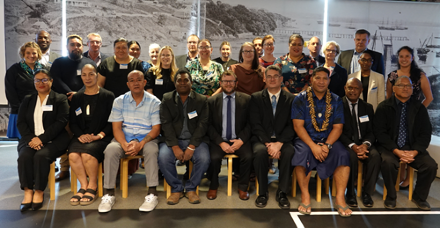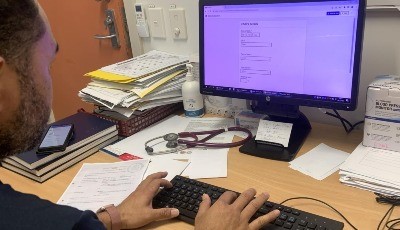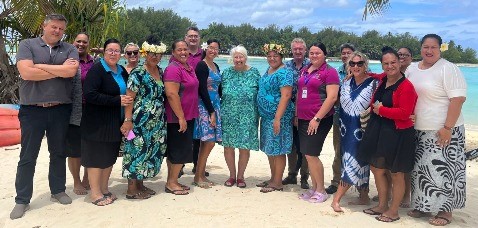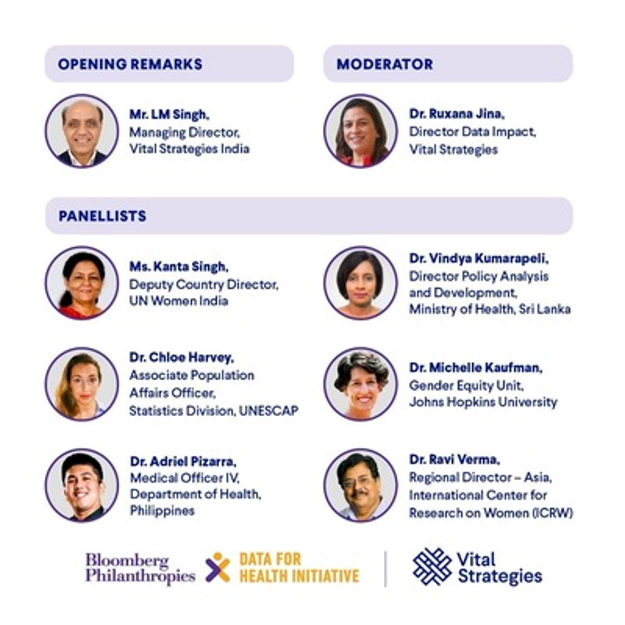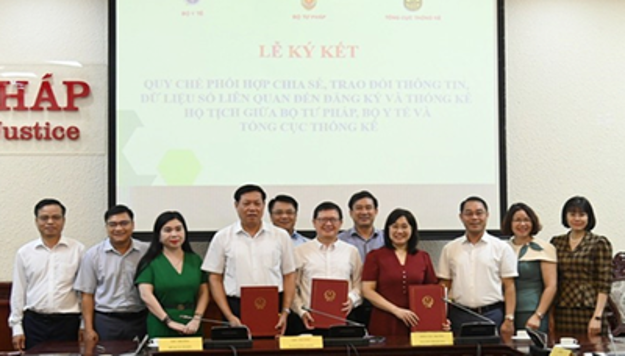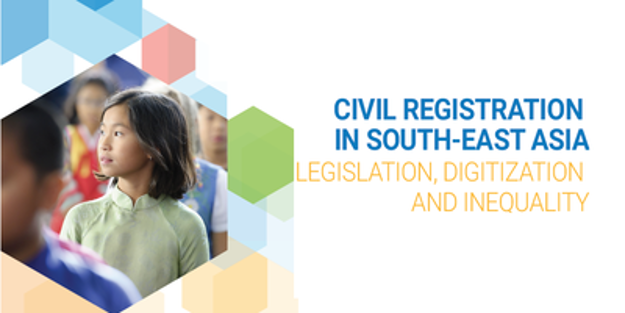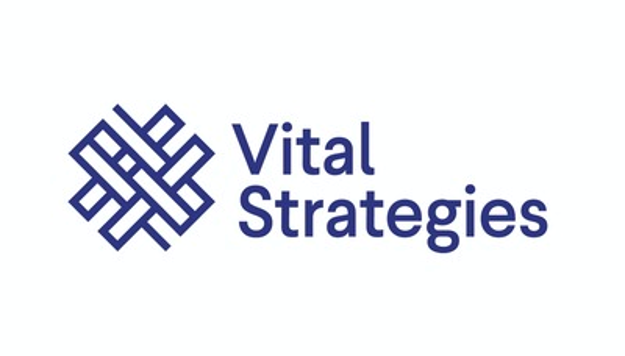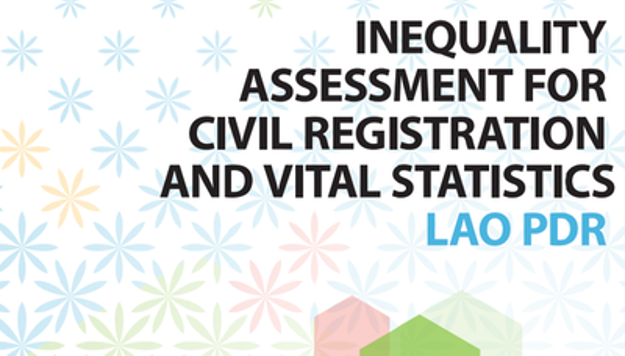On 19 September 2017 in New York, the International Labour Organization launched two seminal reports: Global Estimates for Child Labour: Results and Trends, 2012 – 2016 and Global Estimates of Modern Slavery: Forced Labour and Forced Marriage. Following the multi-year, collaborative research project conducted with Alliance 8.7 Members, the Walk Free Foundation and the International Organization for Migration, the reports reveal what the ILO deems the “true scale of modern slavery around the world”. Notably, the Child Labour report highlights the importance of birth registration, specifically as it pertains to building a policy response to child labour for the road forward.
First, the report emphasizes that, “Free and compulsory education of good quality up to the minimum age for admission to employment is a key tool in ending child labour”, but also notes that the cost to the family is one of the primary barriers preventing educational access for children. In response, the report stresses the need for investment in child education and singles out the link between cash transfers, non-means-tested benefits, and birth registration as a viable method for offsetting “the indirect cost of children’s time in school”.
Second, the report acknowledges poverty, risks, and shocks to the family as the primary drivers behind child labour and says that “social security is critical to mitigating these vulnerabilities”. After emphasizing public employment programmes, health protections, unemployment protections, and basic income security as the basis for a well-designed social security system, the report ultimately concludes that “Birth registration, itself a key human right, is an essential starting point for ensuring coverage in all of these areas”.

More News
In October, eight national Registrars or Registrars-General of Births, Deaths, and Marriages from…
Niue introduced a new digital CRVS on November 9, 2023, becoming the first country globally to…
Last month, the Pacific Civil Registrar Network (PCRN), supported by Vital Strategies, hosted a…
On November 14, the UN Expert Group on National Quality Assurance Frameworks (EG-NQAF) and its…
(Newsletter October 2023) Join the discussion on Advancing Equity: Improving Population Health…
(Newsletter October 2023) In a significant step toward enhancing the quality of data and…
(Newsletter October 2023) The Citizenship Affected People Network (CAPN) is a civil society…
(Newsletter October 2023) ESCAP recently published a compendium focusing on CRVS systems in South-…
(Newsletter October 2023) Last August, Cambodia established a Technical Working Group comprising…
(Newsletter October 2023) On October 19, Lao PDR celebrated the launch of their first CRVS…


